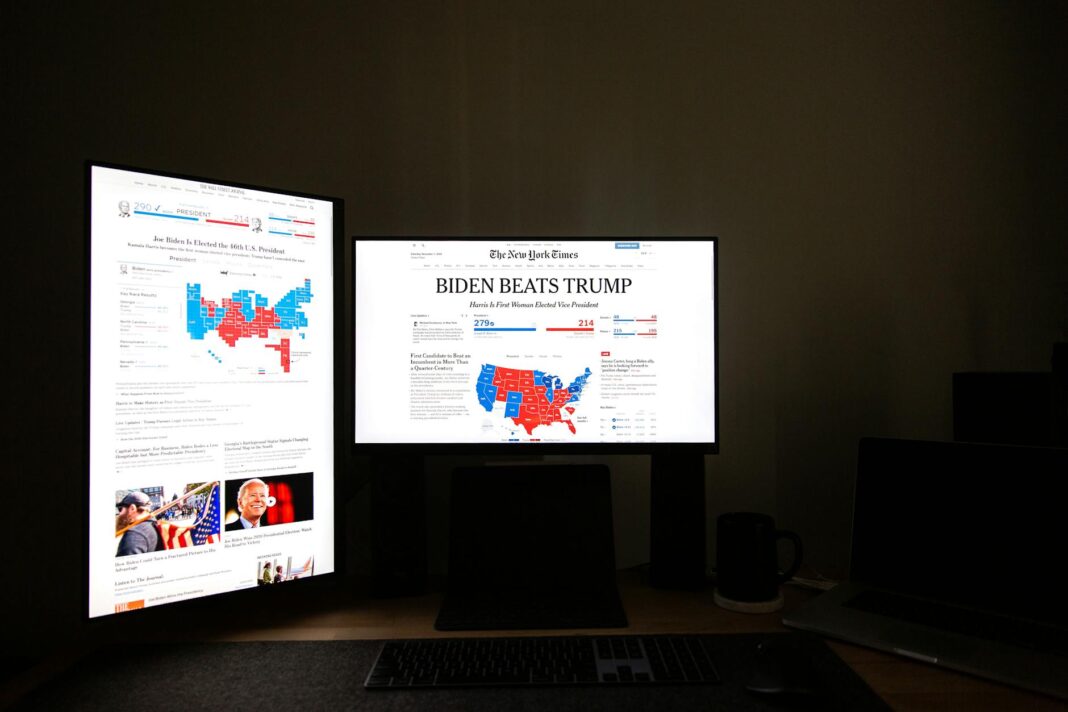Kimmel’s Claims on Kirk’s Death Draw FCC’s Carr’s Fire
Jimmy Kimmel, the late-night talk show host known for his sharp wit, recently stirred the pot with comments regarding the tragic death of political figure Charlie Kirk. Kimmel’s remarks, which he delivered with his typical comedic flair, didn’t sit well with FCC Commissioner Brendan Carr. In fact, Carr accused Kimmel of misleading the public, igniting a fiery debate about the intersection of comedy and responsibility in media.
Kirk, a prominent conservative voice and founder of Turning Point USA, was reported to have died under mysterious circumstances. While many in the media were quick to cover the event, Kimmel’s approach was particularly pointed. He appeared to make light of the situation, framing Kirk’s death in a way that many found inappropriate for the gravity of the topic. Carr, aware of the influence Kimmel wields over his audience, took to social media to express his dissatisfaction.
Carr’s criticism wasn’t just a passing comment; it highlighted a broader concern about how public figures handle sensitive issues. The FCC’s role typically revolves around regulating communication to ensure that it adheres to certain standards. However, in this case, Carr’s defense of Kirk’s legacy seems to push the boundaries of what is acceptable in satire and commentary. The line between humor and misinformation can be razor-thin, and Carr made it clear he believes Kimmel crossed that line.
As the fallout from Kimmel’s remarks continues, questions arise about accountability in media. When does humor become harmful? Kimmel’s brand thrives on pushing boundaries, but in this instance, it seems he may have pushed too far for some viewers who felt that Kirk deserved more respect in death than Kimmel afforded him. Carr’s intervention serves as a reminder that public figures, especially those with large platforms, should consider the impact of their words.
This incident has sparked discussions about the role of comedians in political discourse. Are they merely entertainers, or do they also bear some responsibility for the messages they send? While humor can help digest hard truths, it also can distort reality, especially when audiences take comedic statements at face value. Kimmel’s situation serves as a case study for the ongoing debate about media ethics and the responsibilities of public figures.
Questions
What responsibility do comedians have when discussing sensitive topics?
How can media figures balance humor and respect for serious issues?
Is it possible for satire to mislead the public? If so, how?




